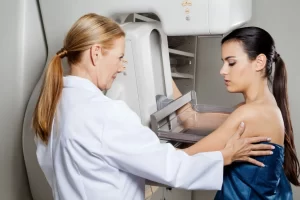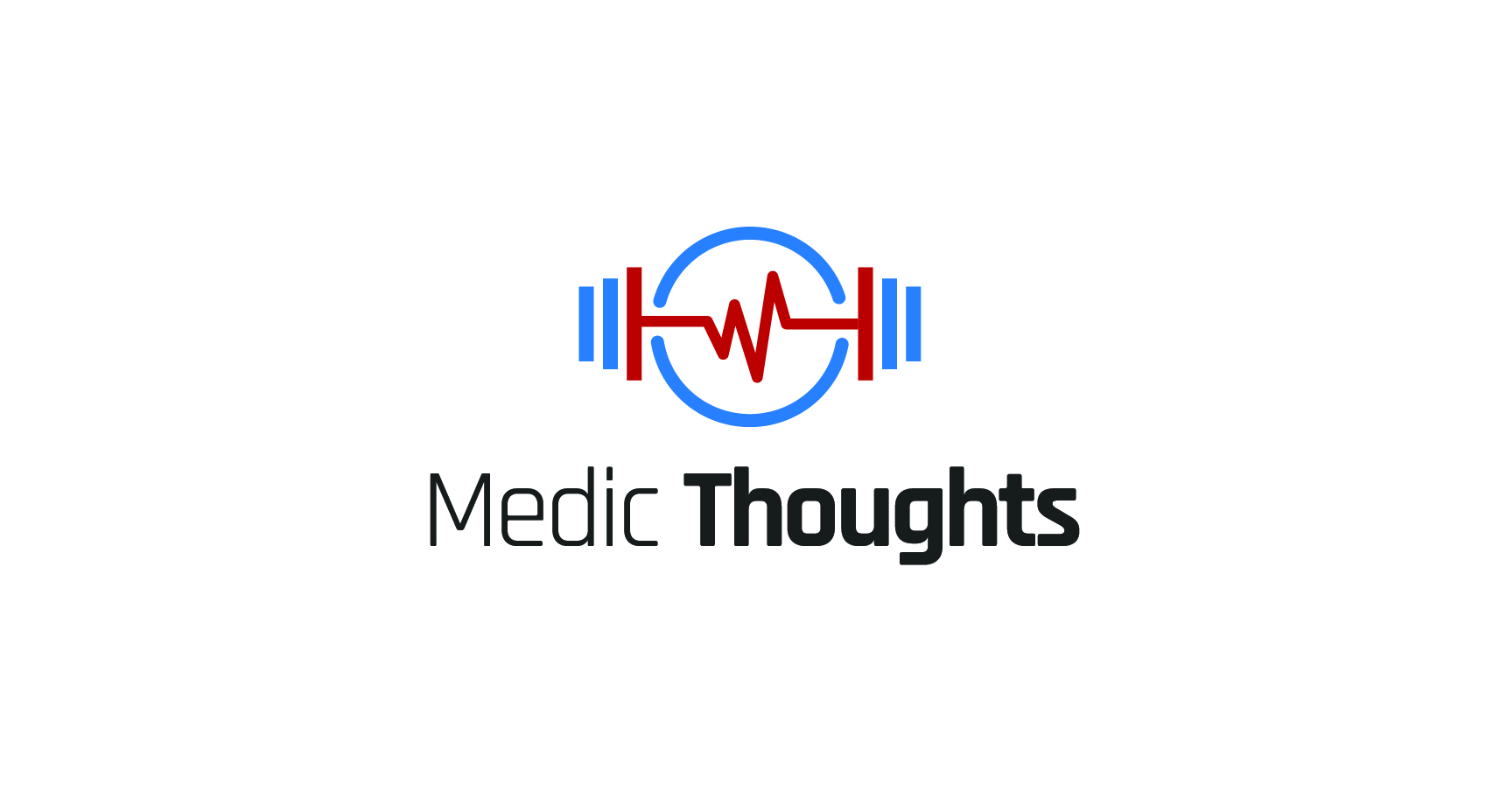Extensive research through the 80s revealed that the UK was losing a frightening amount of women each year to breast cancer. While other countries had invested in advanced schemes, it wasn’t until 1987 that the UK went for this approach. Nevertheless, it has proved extremely worthwhile and women are now much more protected against the perils of breast cancer.

Understandably, many women have countless questions in relation to the screening. Therefore, the purpose of this post is to take a look at some of the common questions to hopefully provide reassurance on the issue.
Breast Screening
What does breast screening entail?
If you are invited to a breast screening procedure, the first stage will involve an x-ray of the breasts – with this called a mammogram. The mammogram is responsible for analyzing any changes in the breast’s tissue, with this being a common sign that a cancer is present. Usually, due to the tiny size of the tissues, women simply cannot feel the alterations and this is why the screening is hugely important. For most patients, this is usually the only step that is followed. However, if tissue changes are detected, you will be invited back to see a consultant to discuss your condition. From this point on, the course of action really depends on you and the doctor who your appointment is with. Some will recommend additional mammograms to analyse the tissue from different perspectives, while others may insist on a clinical examination. One of the final tests is a core biopsy, with this involving a needle that samples the condition of the breast tissue if it has already been deemed to be abnormal.
Who is usually invited for the screening?
The reason the NHS Breast Screening Programme was established was to provide women over 50 the chance to be regularly screened free of charge. Furthermore, this is not just a one-off test, but women will be screened every three years until they reach 70. At the moment, the age range of 50 – 70 years is all that the programme covers, but it is thought that this will increase to 47 – 73 in the next three years. One of the reasons why women under 50 were initially excluded was because screening was deemed to be less effective. Research over recent years has concluded that this might not necessarily be the case and this has meant that more women are seeking a breast screening appointment via a private clinic. If you do happen to fall outside of the NHS age brackets, it might be worth finding more info on your local private clinic as they also tend to use the more advanced digital mammography as well.
Are there any risks associated with it?
Breast screening is performed via an x-ray so there is an element of risk attached to the procedure. However, the levels of radiation are very small and some sources have claimed that some long-haul flights will expose you to more radiation – so there really is nothing to be worried about in this regard.



